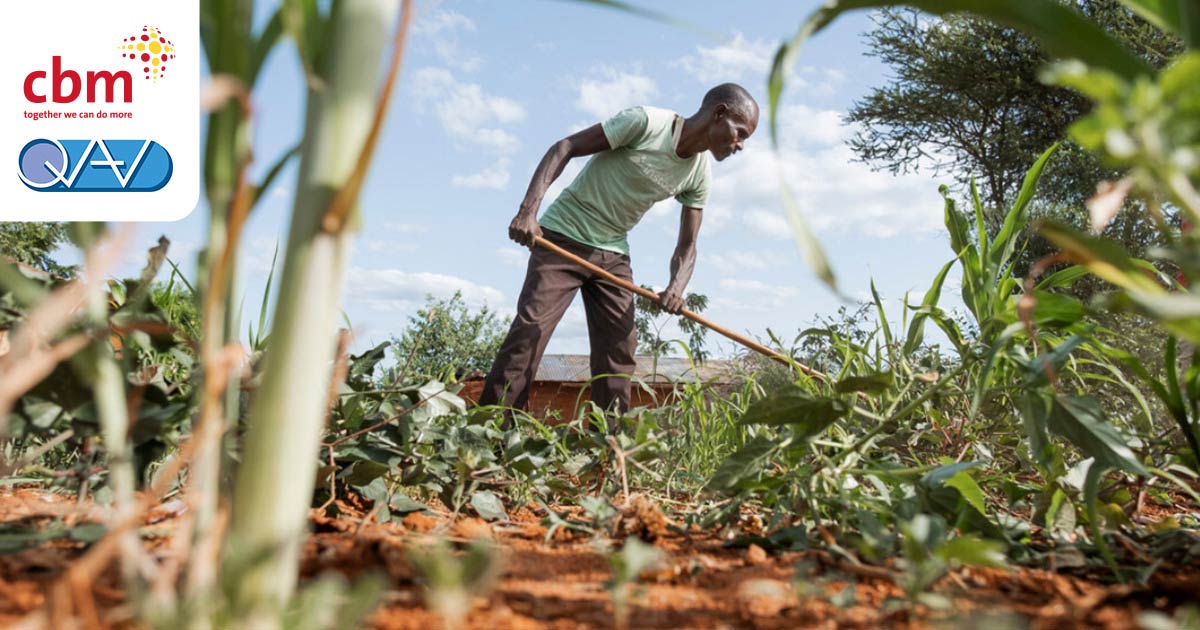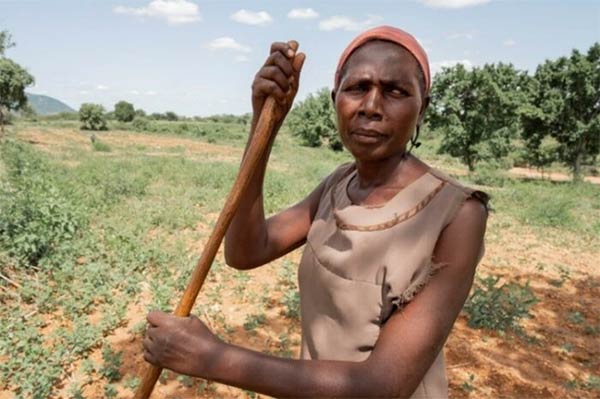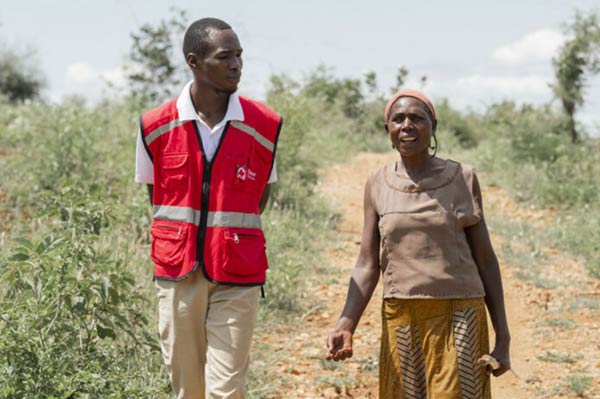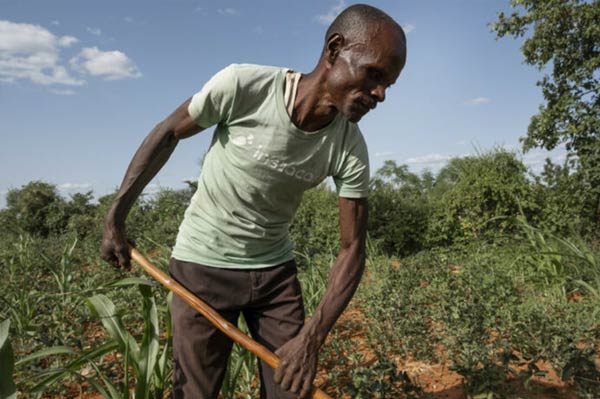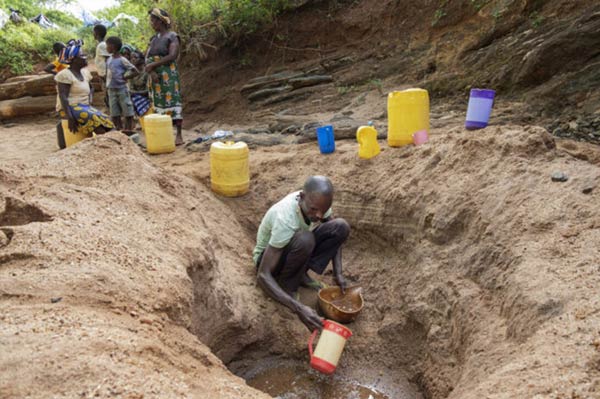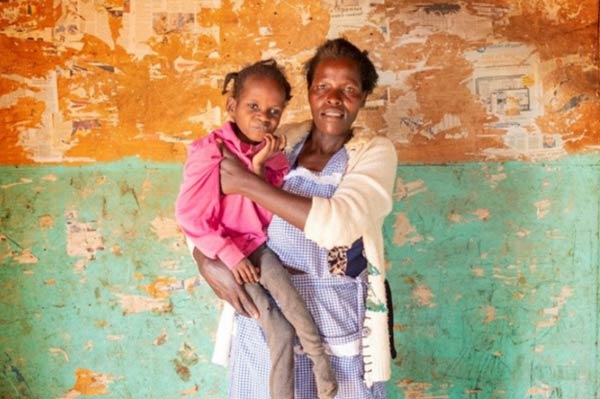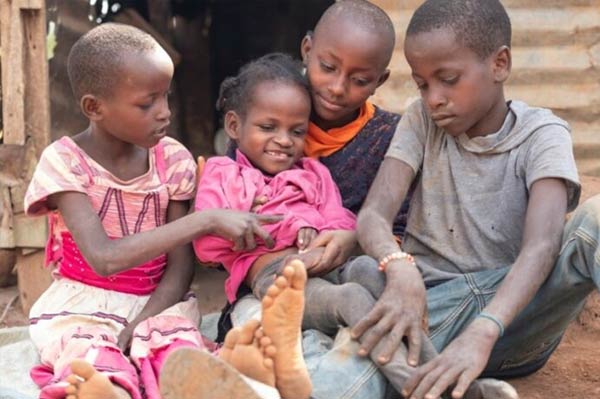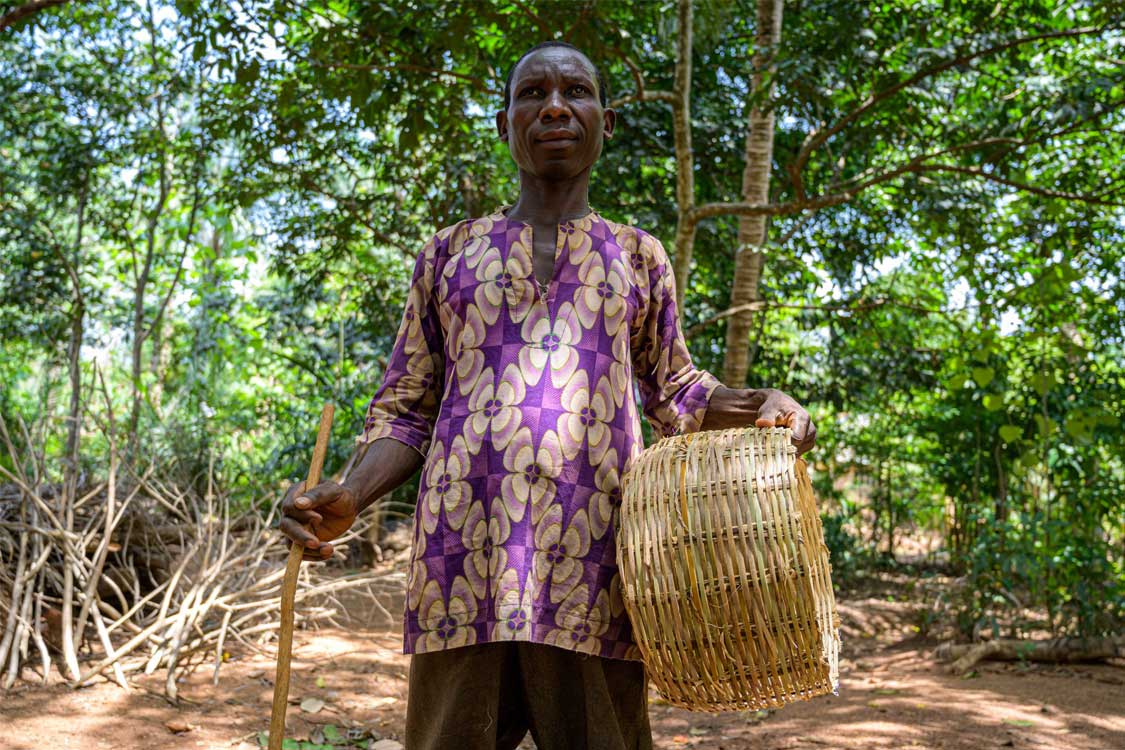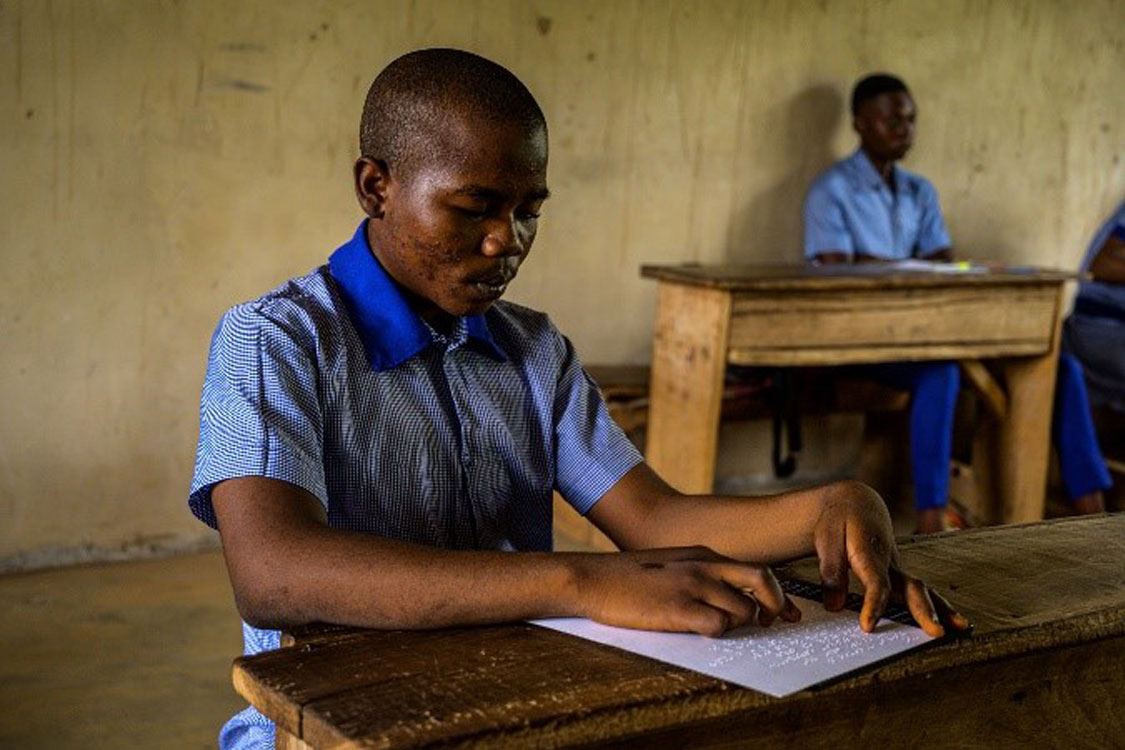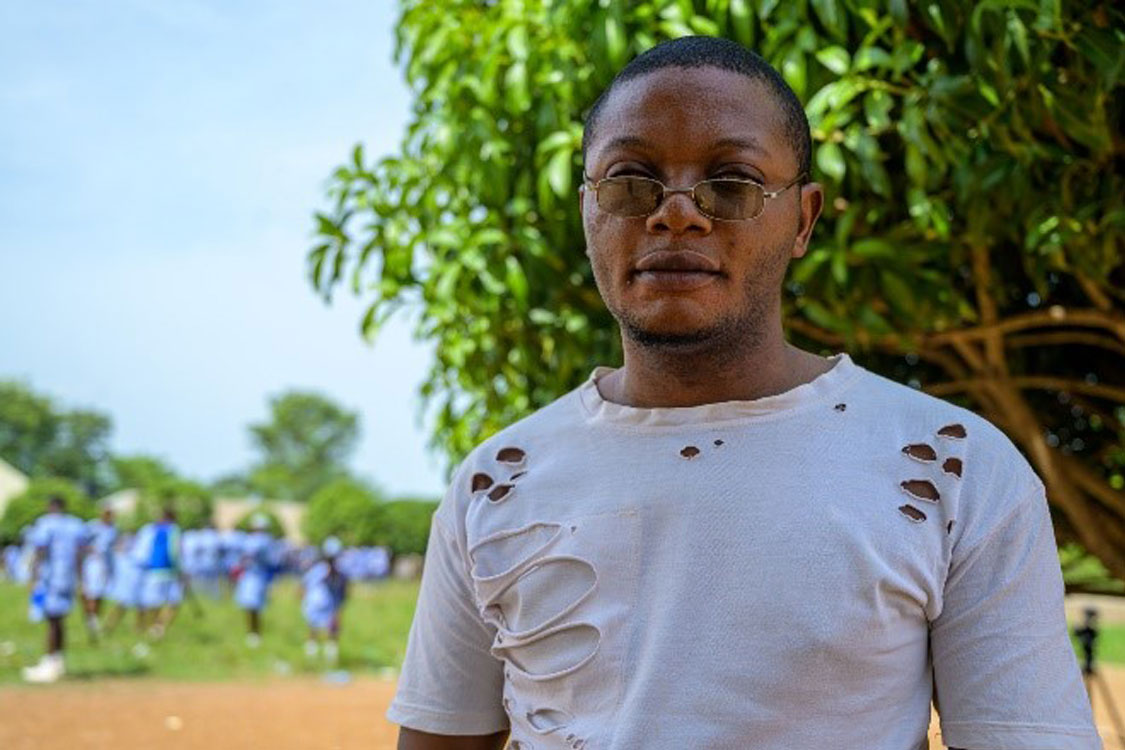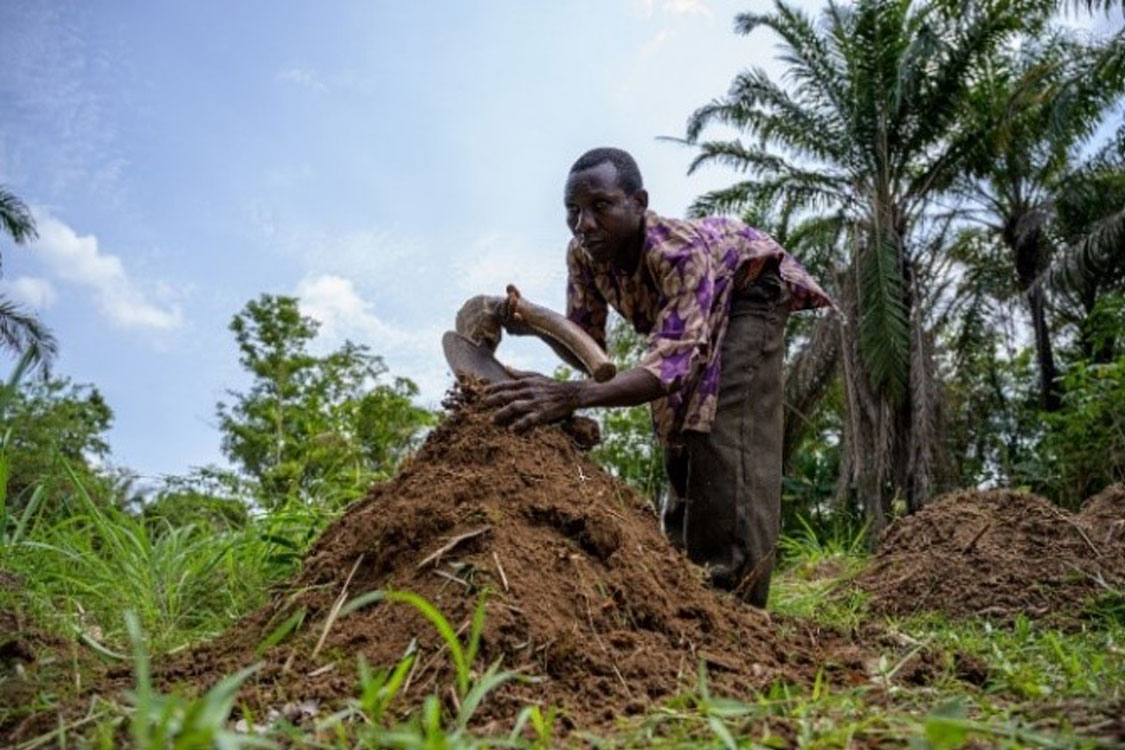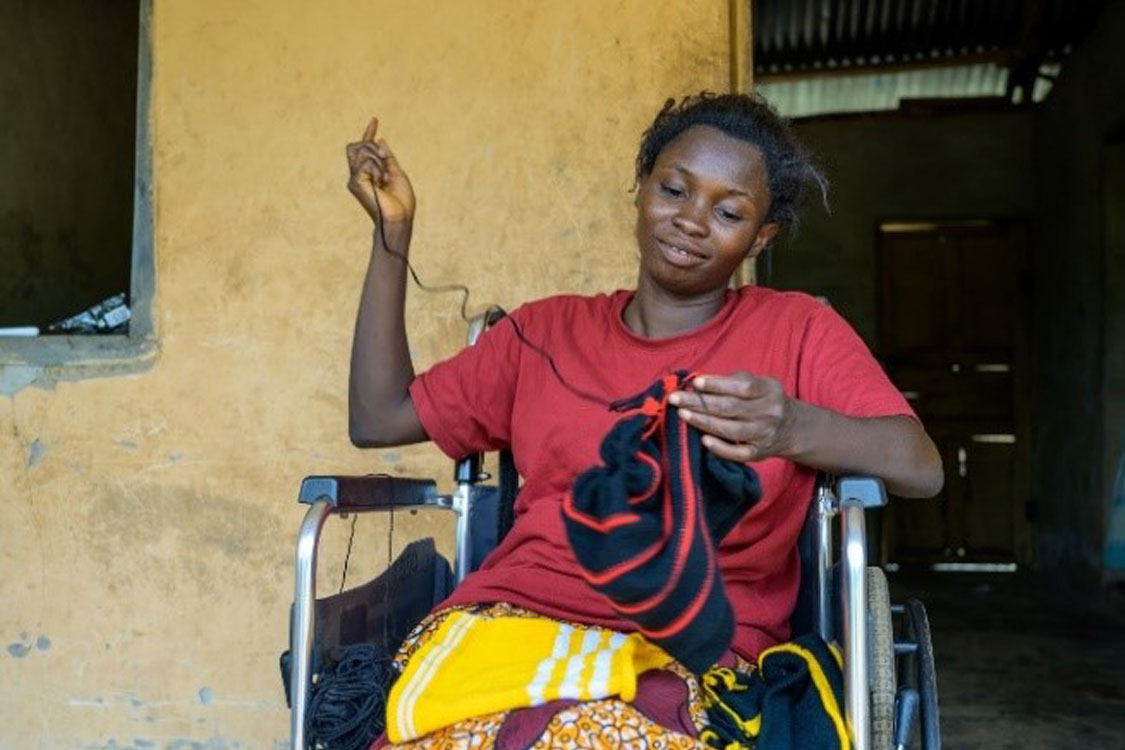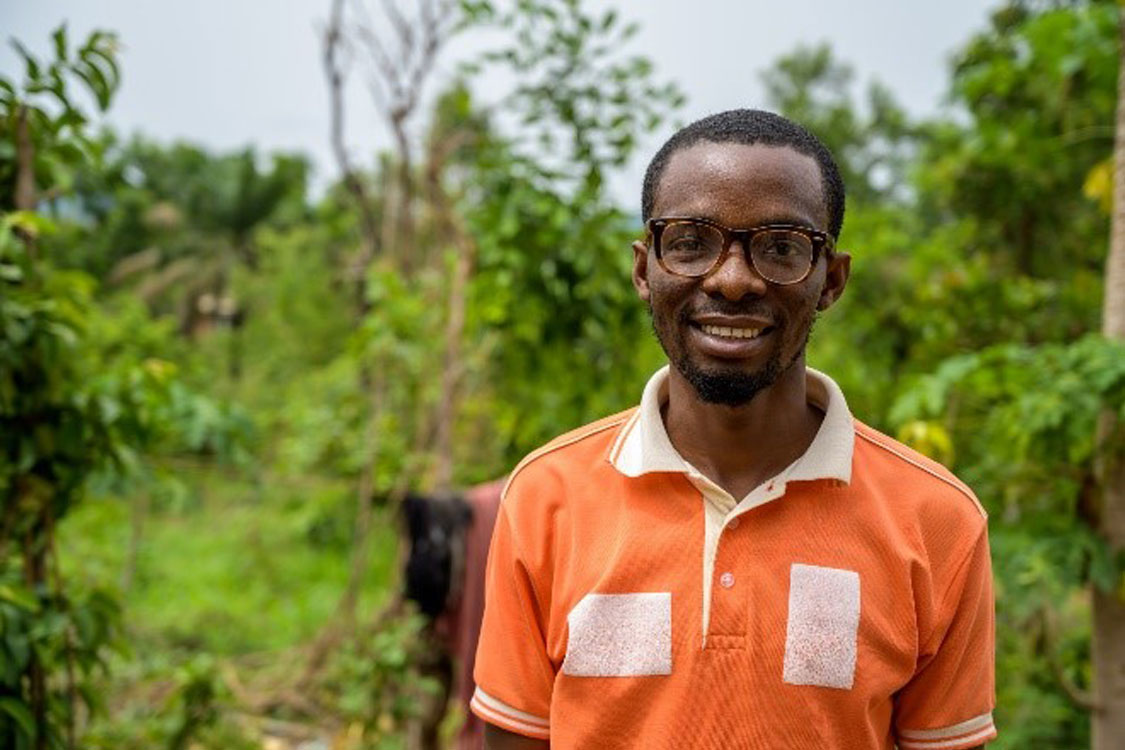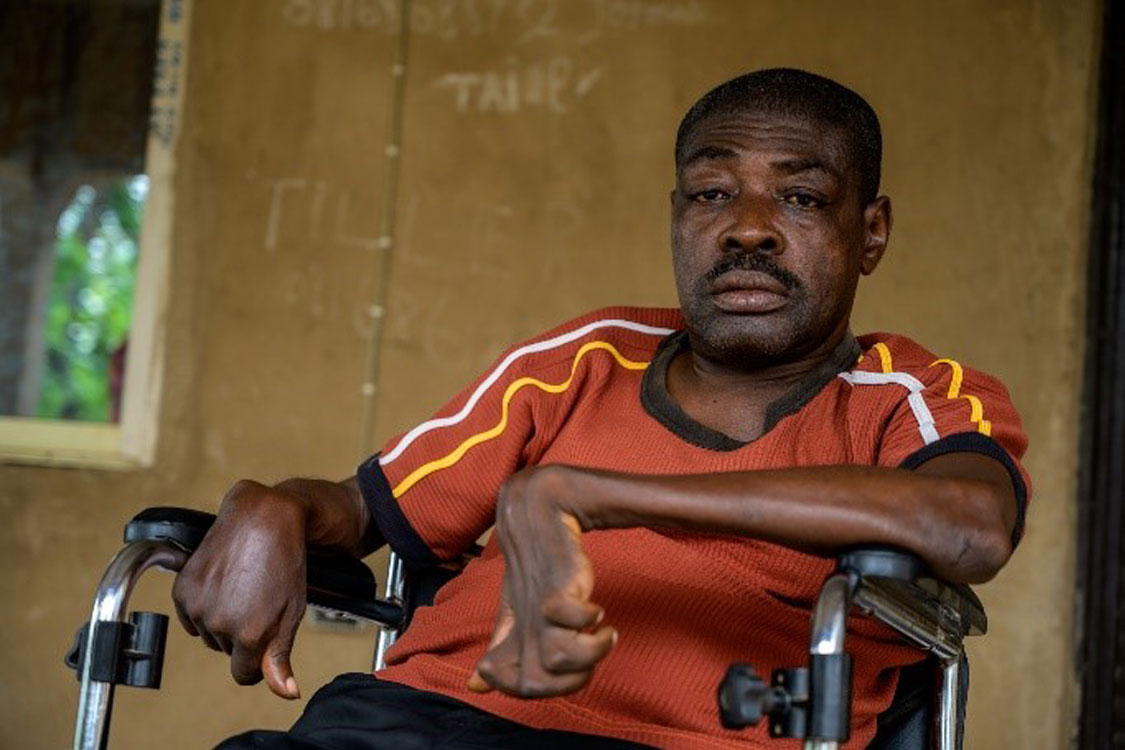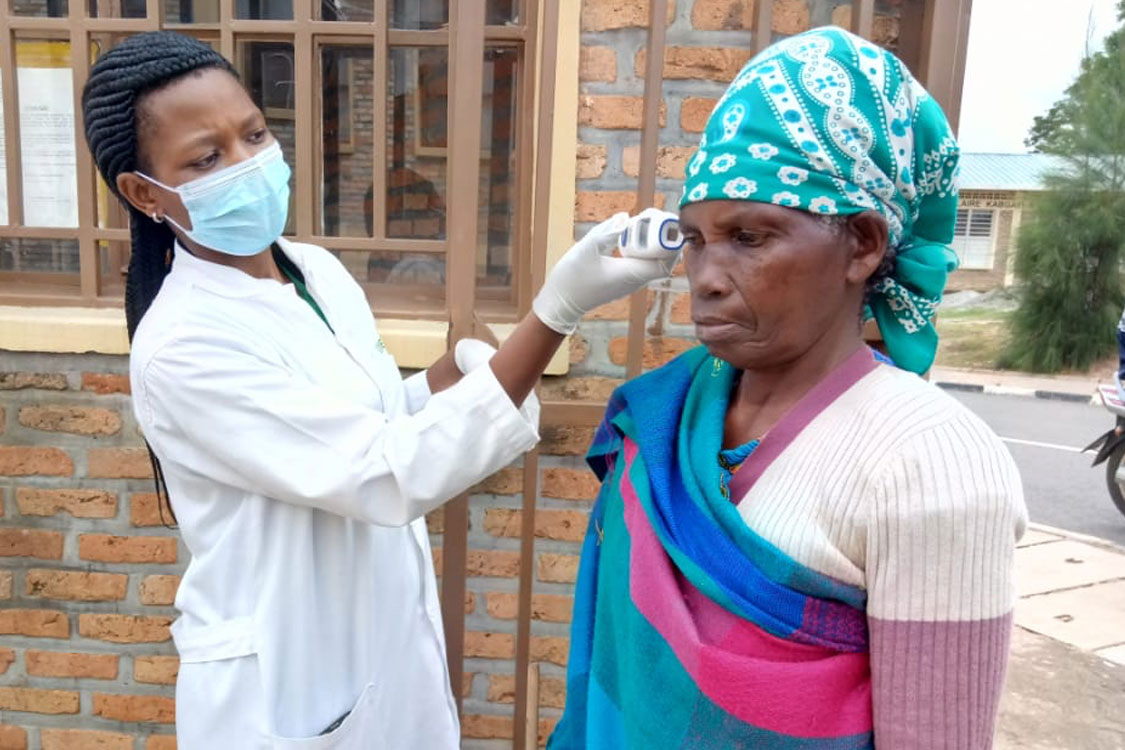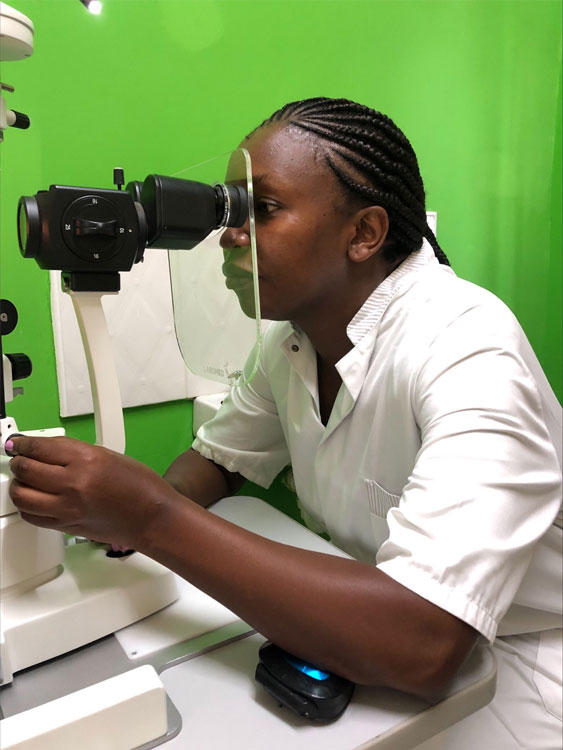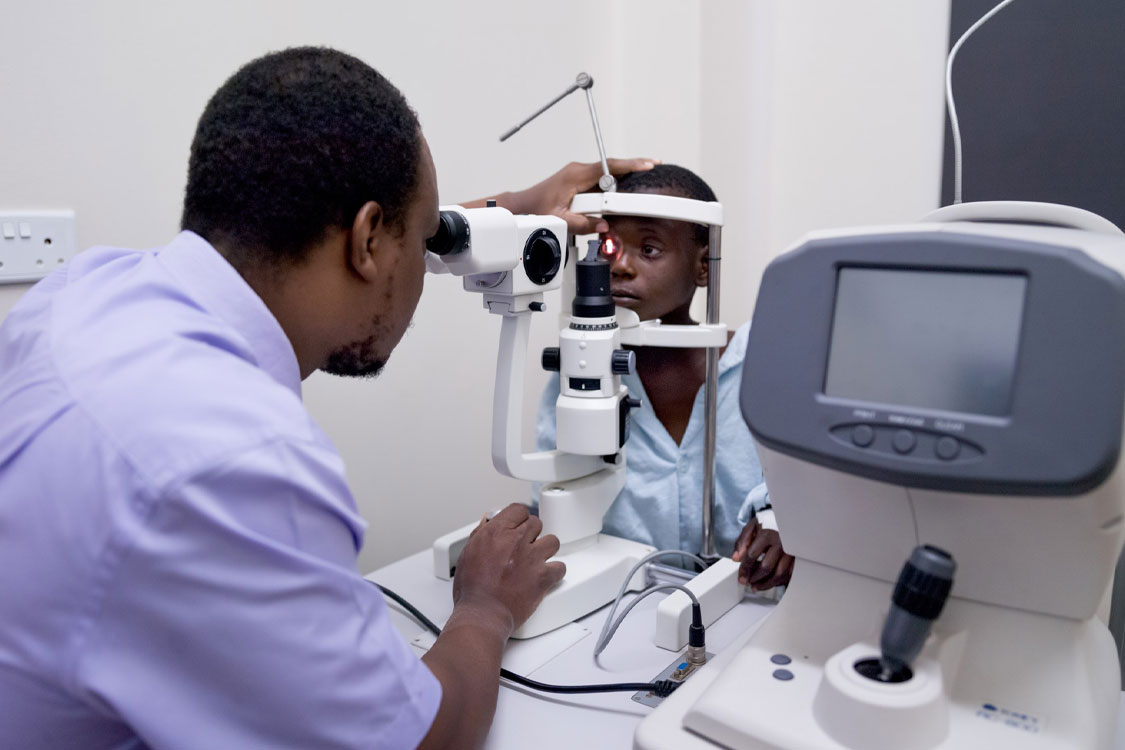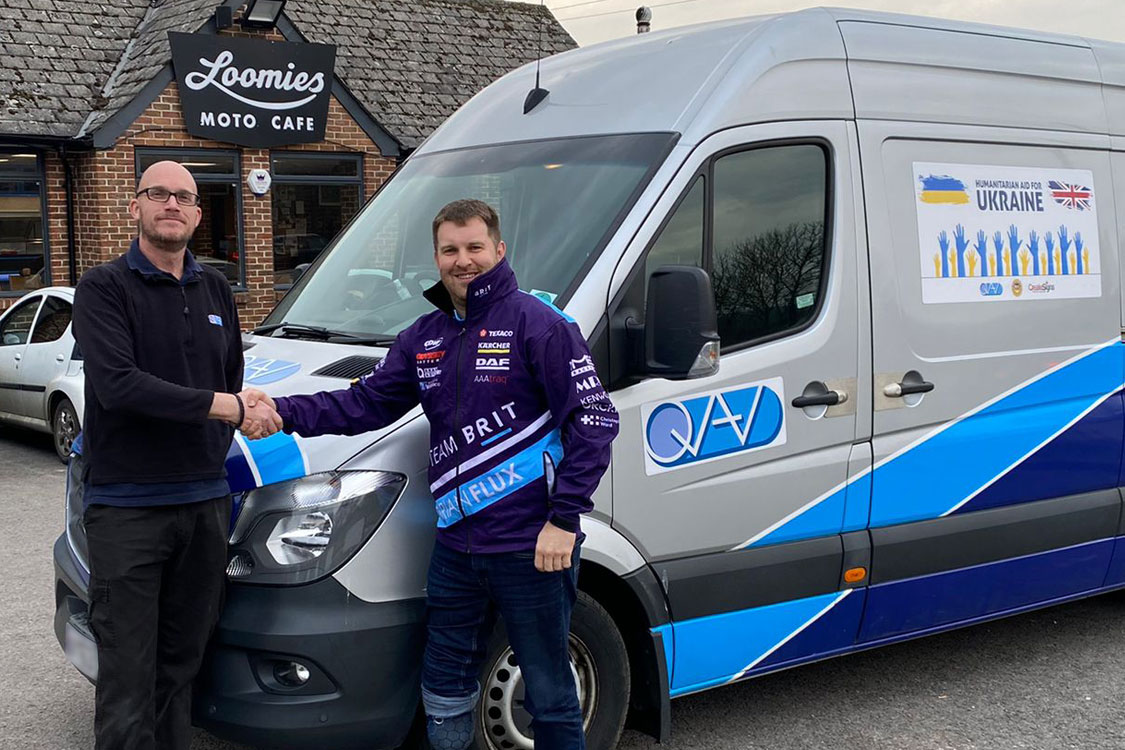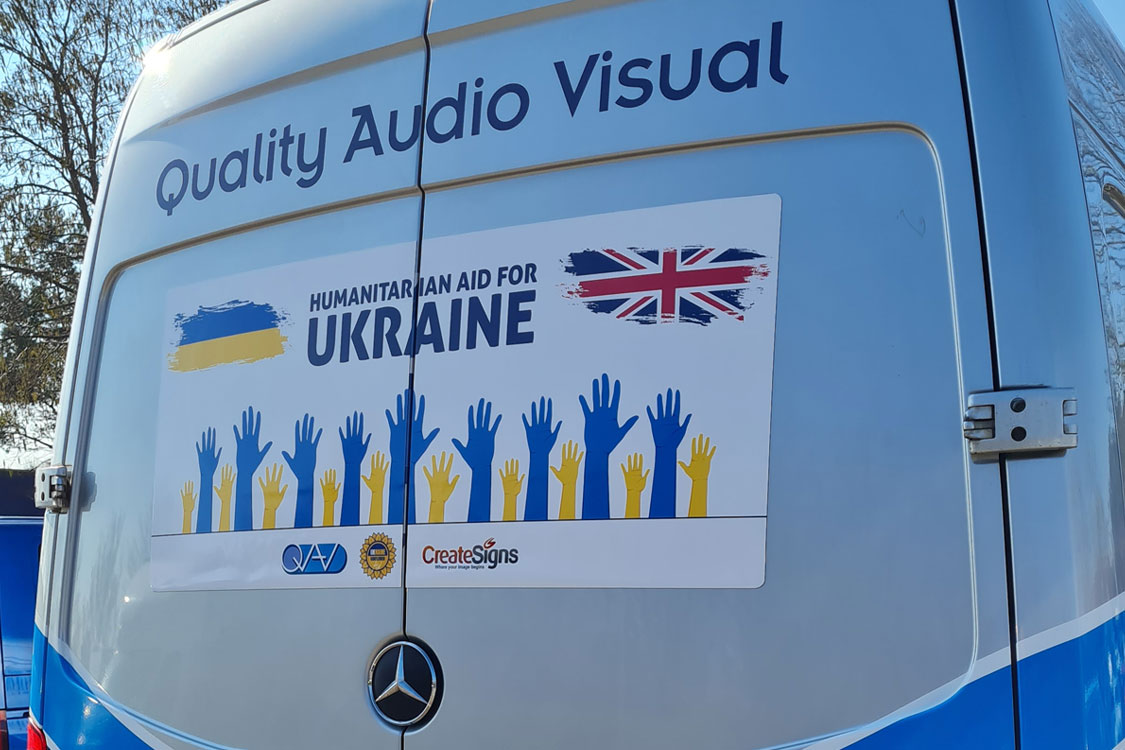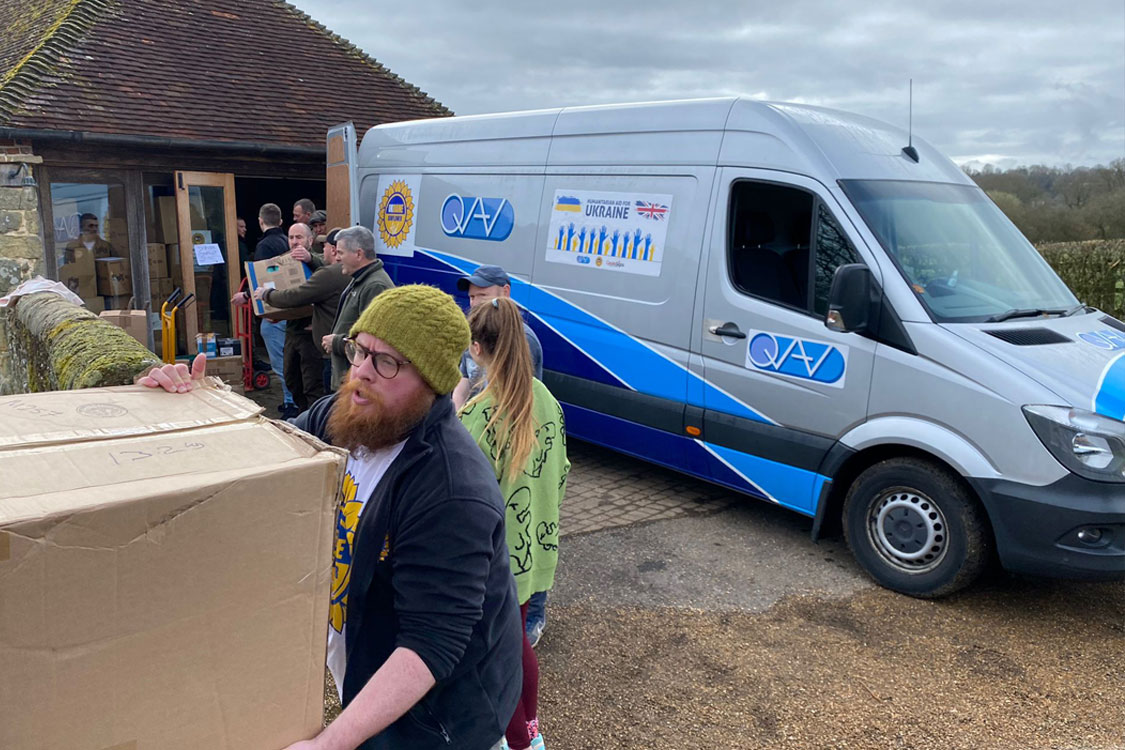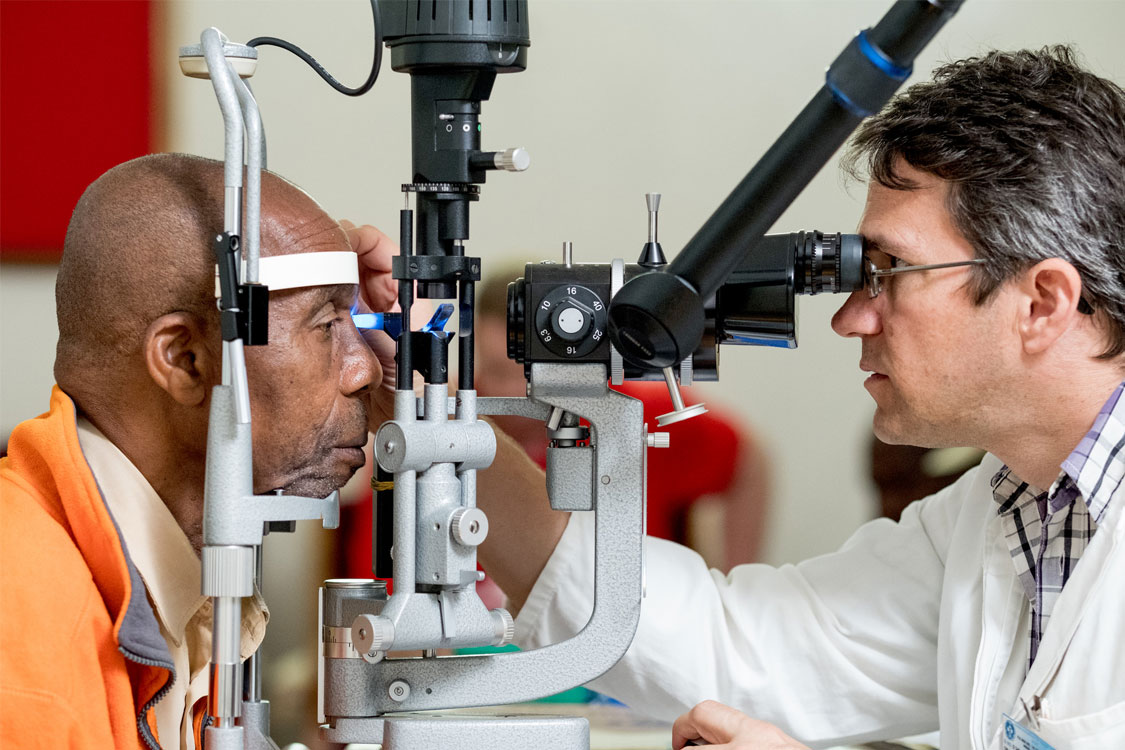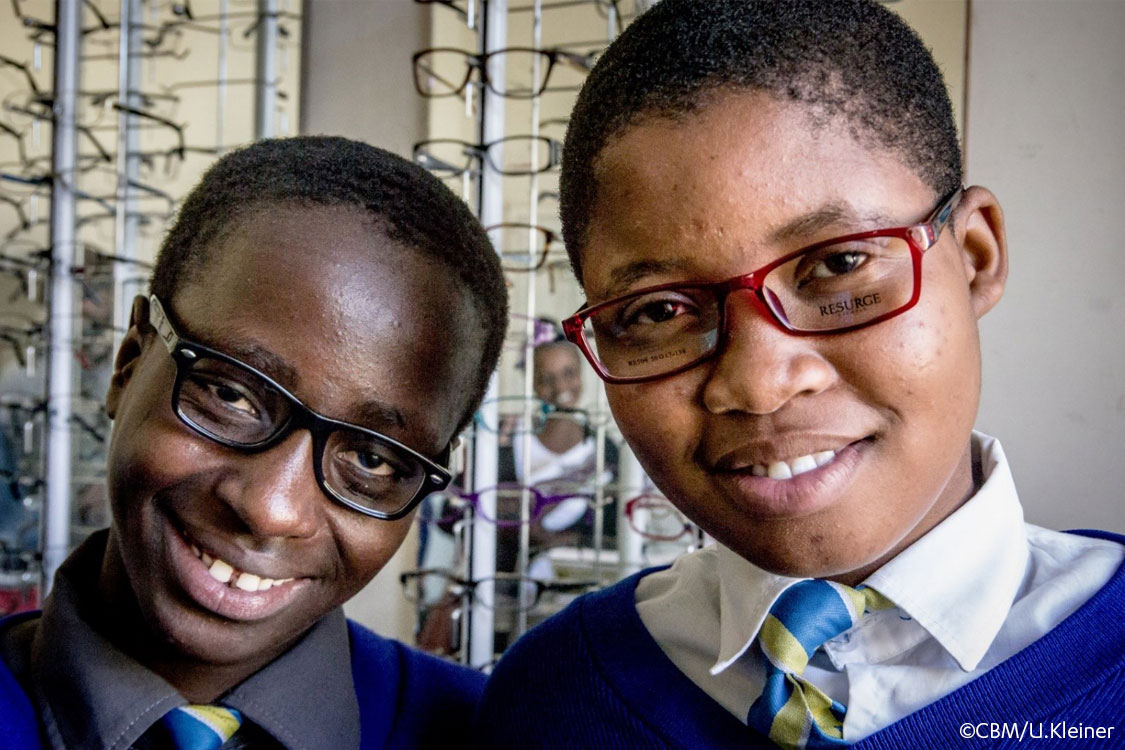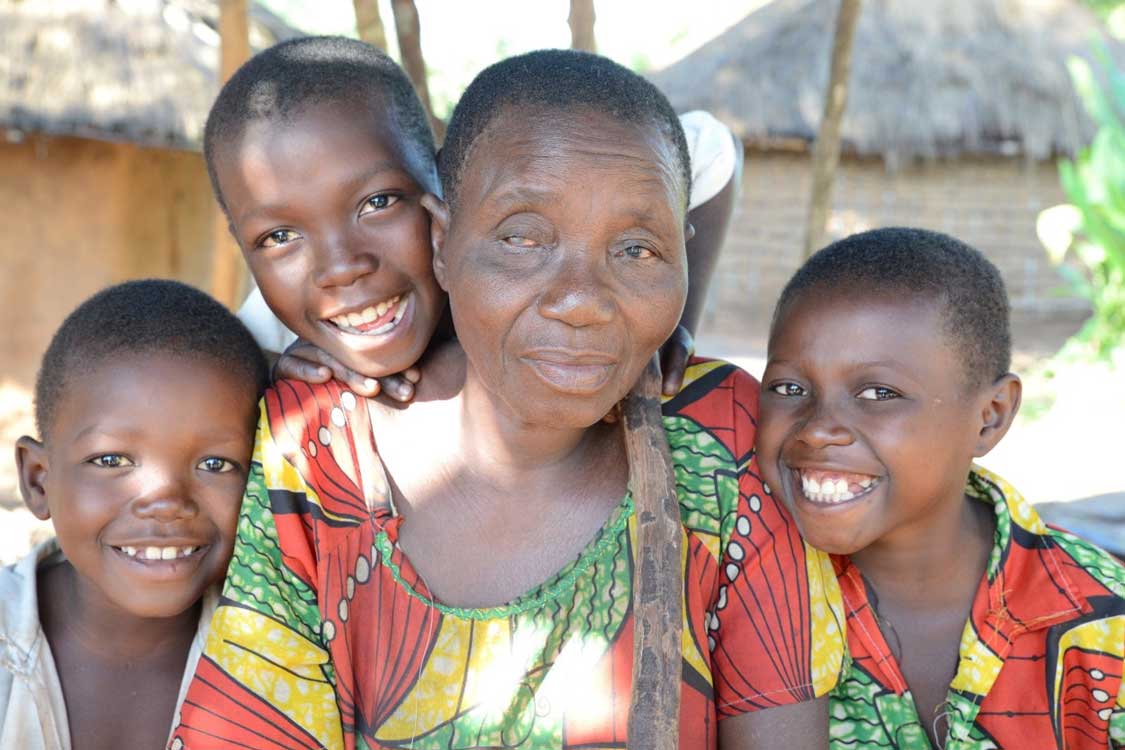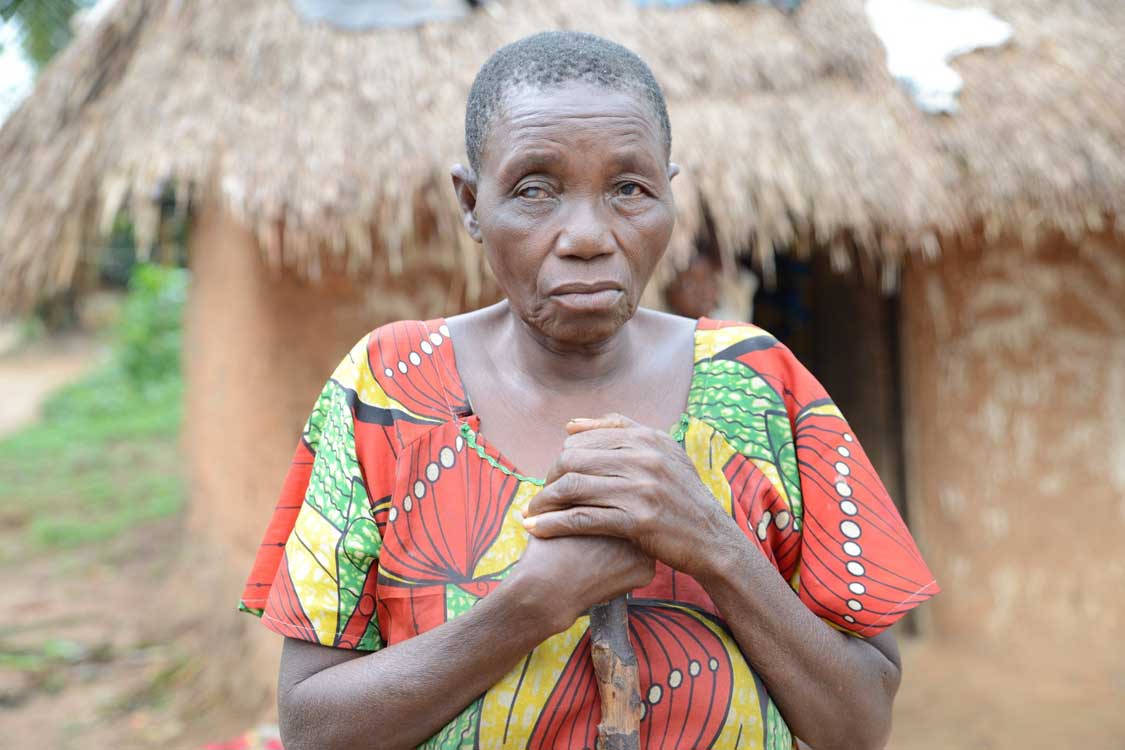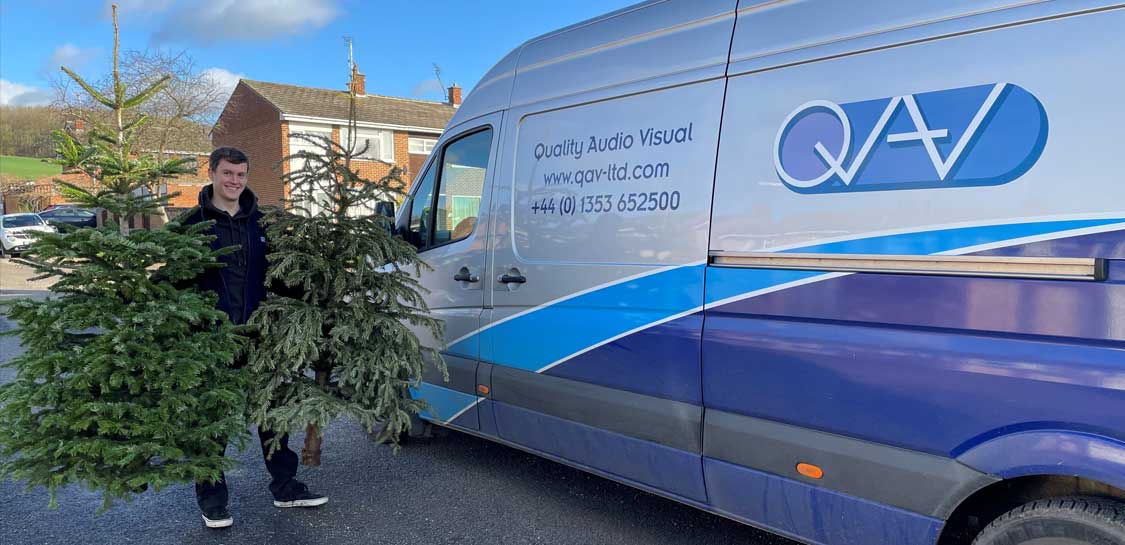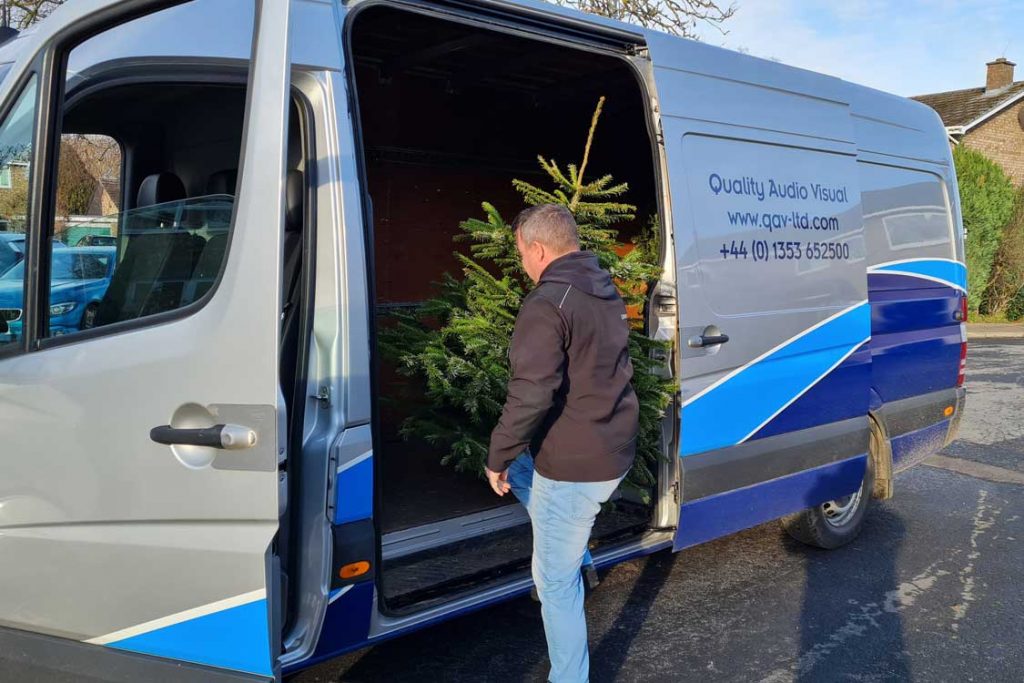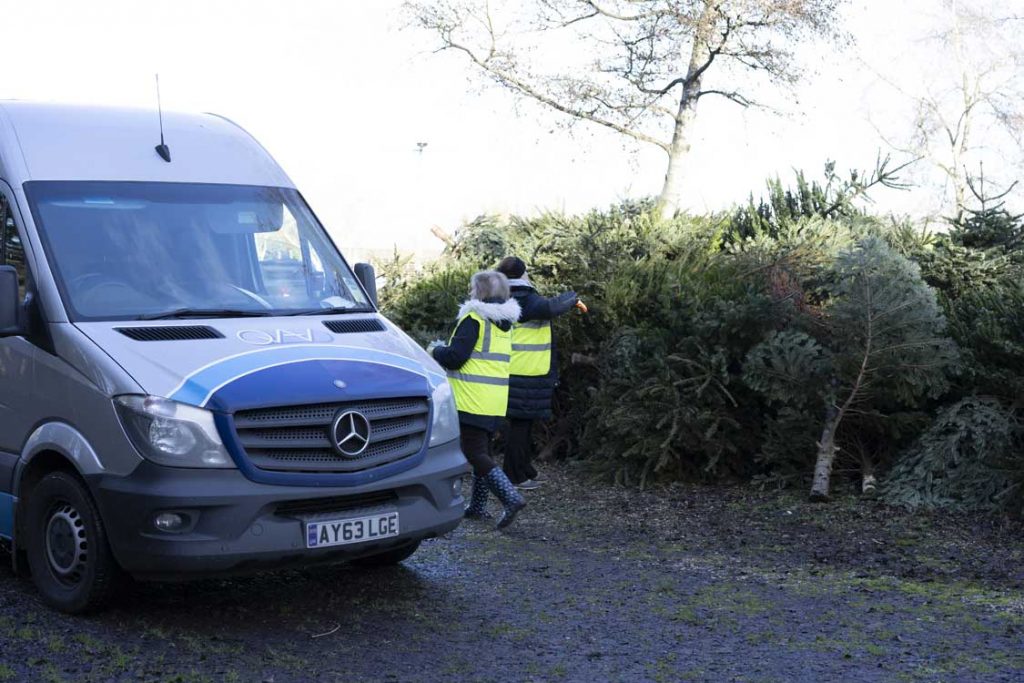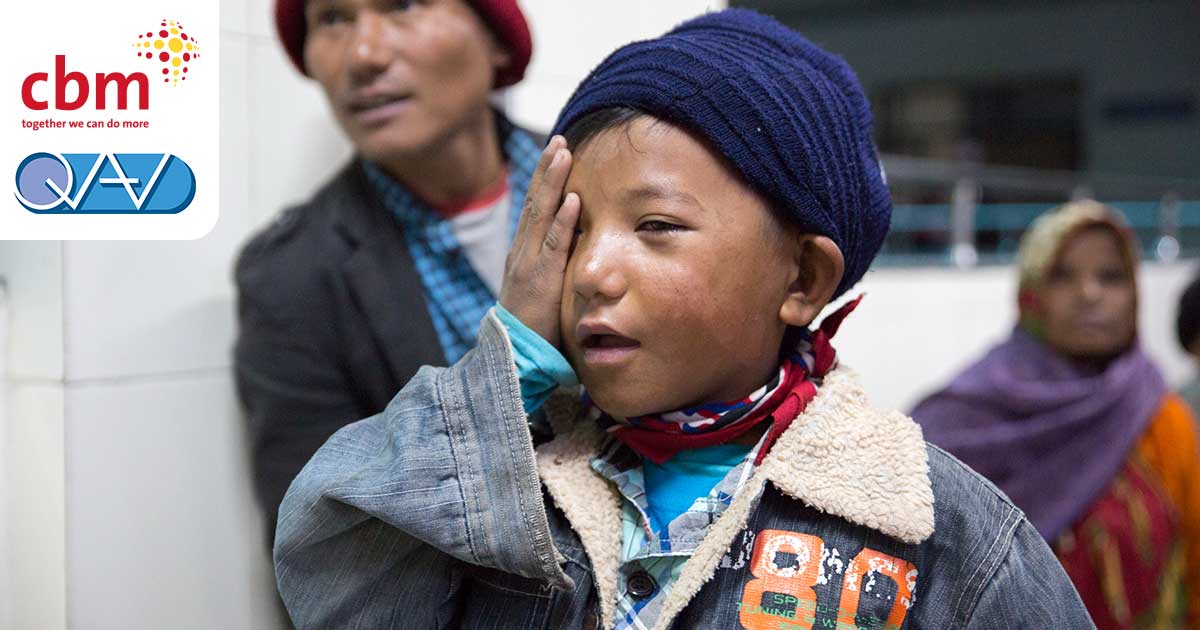
QAV IN THE COMMUNITY
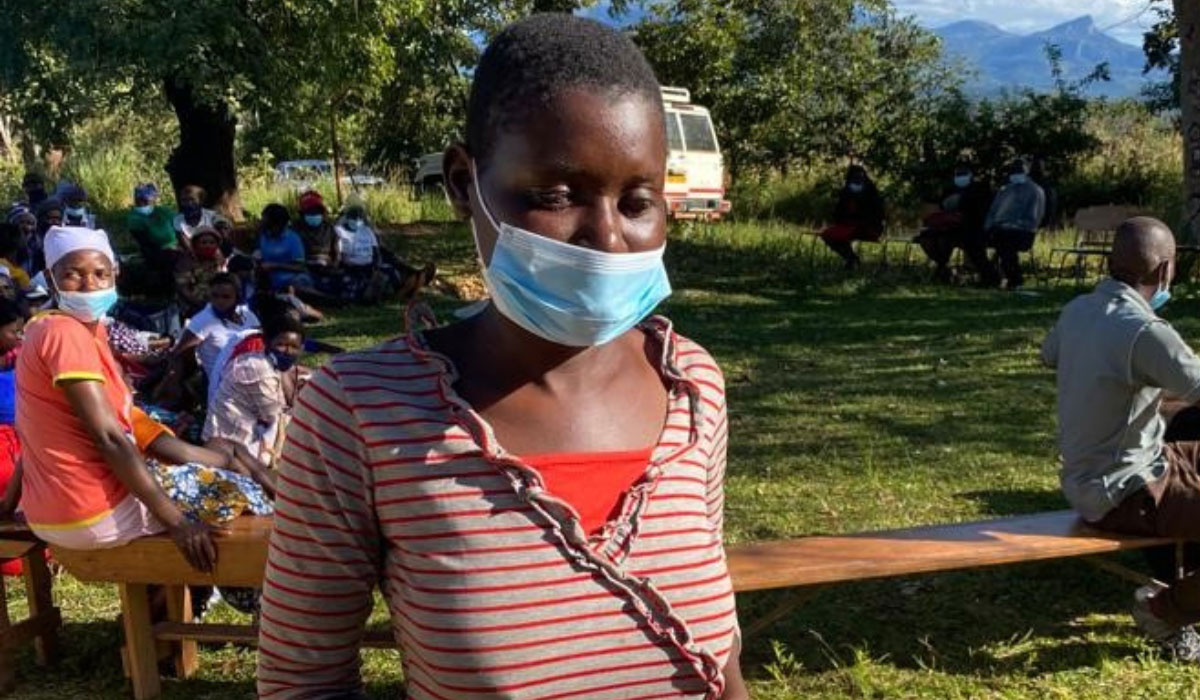
blog 3 | december 2022.
- QAV-Global
Helping girls with disabilities into education in Zimbabwe
As part of our partnership with CBM UK, we’re hearing about their work in Zimbabwe to help girls with disabilities access education.
Elfreda Whitty is a Programme Manager at CBM UK. She travelled to Zimbabwe this year to visit the Supporting Adolescent Girls’ Education (SAGE) Programme. She tells us:
“In May 2022, after a two and a half year hiatus due to COVID-19, I had the opportunity to visit our SAGE project in Zimbabwe. This life-changing programme is led by Plan International, with specialist support from CBM to ensure girls with disabilities are included in education. It is funded by UK aid through the Girls’ Education Challenge, the world’s largest global fund dedicated to girls’ education.
As part of my trip, we visited one of the Community Learning Hubs in a very rural village near the Mozambique border. There, I met a young mother called Faith, who has been blind since birth. When she heard that we were coming, she decided to compose a song to sing to us and her whole community, who had gathered under the shade of the big tree next to the Hub building.”
VIDEO: https://youtu.be/3YxwWw6iZ9E
Faith sang: “Other people used to look down at us before we attended SAGE…but we have learned a lot. We have been taught to sew, to read and write, and gender-based violence is less thanks to SAGE.”
Elfreda continues, “I was amazed at how much confidence Faith had. As did so many other girls I met that day. This was due to the skills they had learned through SAGE, which had not only benefitted the girls, but their whole community too.
The SAGE project supports adolescent girls who have never been to school or dropped out of school due to poverty, child-marriage and disability. These and other barriers are mitigated through a community-based, non-formal education programme which ensures that the hardest to reach girls are not left behind when it comes to accessing basic education. It creates acceptance and inclusivity for girls living with disabilities – like Faith.”
Supporting Adolescent Girls’ Education
An estimated 1 in 5 secondary school-age girls in Zimbabwe are not at school – and girls with disabilities are among those most likely to miss out. CBM is working in partnership with Plan International to help girls with disabilities aged 10-19, who are not currently attending school to access education as part of the SAGE programme.
As a part of the programme, 132 community-based Learning Hubs are being set up across 11 districts to reduce the distance girls have to travel to school, making education more accessible for adolescent girls, in particular girls with disabilities. CBM is providing assistive devices, hub modifications and community sensitisation strategies to reduce stigma and ensure girls with disabilities can access these accelerated learning programmes. CBM are also supporting the training of staff and community volunteers to ensure inclusive learning environments.
We are also working with local Disabled People’s Organisations (DPOs) to identify girls with disabilities and the barriers they face and to ensure they have access to the right assistive devices, as well as providing training and materials to enable community educators to make their teaching inclusive.
The 6-year SAGE programme launched in 2018 and aims to reach over 21,000 girls who have never attended school or have dropped out.

